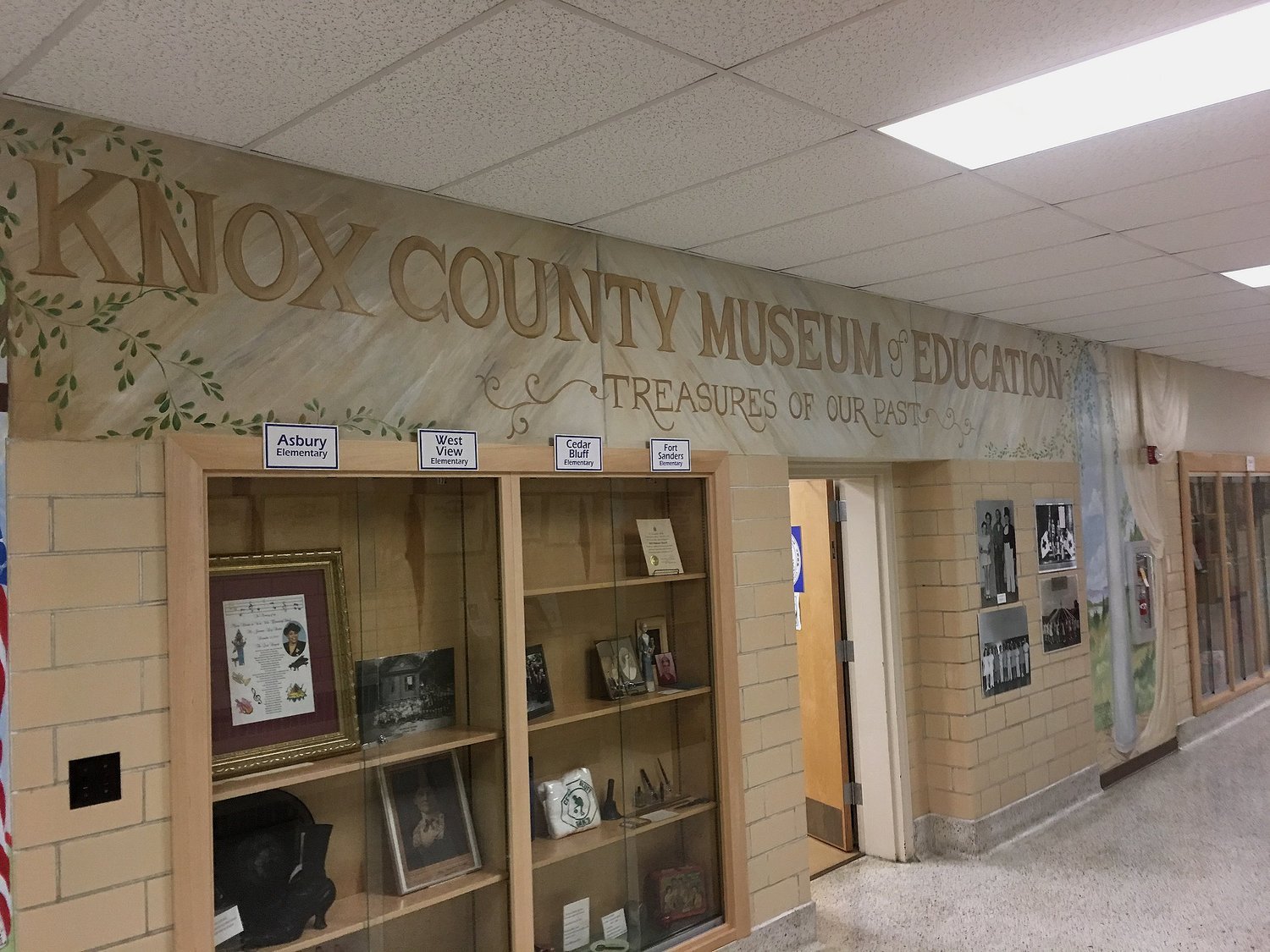
“The Knox County Museum of Education is committed to becoming the authoritative research archive for Knox County Schools, actively working to preserve and present the educational history of all Knox County schools, both past and present, with equal care and attention. Our mission is to engage, educate, and inspire the community by providing accessible and authoritative resources that support a wide range of scholarly research, educational projects, and community enrichment activities. By striving for comprehensive documentation and thoughtful preservation, we are dedicated to ensuring that the educational heritage of Knoxville and Knox County is not only recognized and respected but also remains accessible and inspirational for future generations.”
WE ARE OPEN FOR BUSINESS
BRING IN YOUR DONATIONS
The Museum is always taking your old annuals, letter jackets, trophies, photos… pretty much anything that is school related.
Thanks to your support, the Knox County Museum of Education is making incredible strides in preserving our history! We’ve finished inputting all information from our old paper donation logs, and now we’re preparing to port that data into CatalogIt, our new digital catalog system.
What’s Next?
With our records in place, we’re moving on to the next big steps:
📌 Labeling our collection so every item is properly identified
📦 Organizing storage to give each artifact a dedicated home
🖼️ Refreshing our displays to showcase more stories and rotate items regularly
This means a more accessible, engaging, and dynamic collection for our visitors! But we still need shelves, storage materials, labels, and continued funding to maintain our catalog system and ensure every piece of history is preserved.
How You Can Help:
Your donations help us take the final steps to organize, preserve, and share Knox County’s rich educational past!
